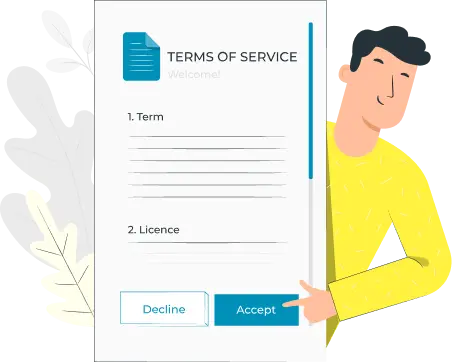A Qualifying Life Event (QLE) is a situation or occurrence that enables employees to make changes to their benefits outside the standard open enrollment period. Without a QLE, employees must typically wait for the annual enrollment period to make changes to their health insurance or other benefit plans. This ensures that employees can adjust their coverage when major life events impact their needs.
One of the most common QLEs is a change in marital status. If an employee gets married, they can add their spouse to their health insurance or other benefits. Similarly, if they divorce, they may need to remove their former spouse from their plan. This change can also affect dependent coverage for any children involved.
The birth or adoption of a child qualifies as a life event that allows employees to update their benefits. New parents can add their child to their healthcare plan and adjust their coverage to accommodate the growing family’s needs. This QLE ensures that dependents are covered from the moment they join the family.
If an employee or their dependents lose health coverage from another source, such as a spouse’s plan or government-provided coverage, this counts as a QLE. Employees can then enroll in or modify their coverage through their employer’s plan to avoid gaps in healthcare access.
A significant shift in employment status—such as a move from part-time to full-time work, or vice versa—may also trigger a QLE. When an employee’s status changes, it can affect their eligibility for certain benefits, prompting them to reevaluate their coverage options.
Employers must communicate clearly with employees about what qualifies as a life event and the steps they need to take when one occurs. This includes educating employees about the timeframe they have to make changes and the documentation they may need to provide. Clear communication prevents confusion and helps employees navigate the benefits system efficiently.
During a QLE, HR departments should assist employees in reviewing their benefit options and making the necessary updates. Employees may need guidance in understanding how their new life circumstances—such as marriage or the birth of a child—affect their benefits. Providing hands-on support and clear instructions will help ensure that the process is smooth and stress-free for both parties.
Employers must ensure that they comply with federal regulations, such as those set by the IRS and the Department of Labor, when processing QLEs. Non-compliance can result in penalties or fines, as well as dissatisfied employees. Ensuring that employees are given the correct information and that changes are processed within the designated timeframes is key to maintaining regulatory compliance.
Employees who experience a QLE often need to adjust their health insurance to ensure that they and their dependents are covered. For instance, after the birth of a child, parents must add the child to their health plan. If this change isn’t made within the designated timeframe, the child may go without coverage until the next open enrollment period.
A QLE can result in changes to the cost of benefits for both the employer and employee. For example, adding a spouse or dependent to an insurance plan typically increases the cost of premiums. Employers should be prepared to address questions about how QLEs affect benefit costs and offer resources to help employees understand their options.
Properly managing QLEs can significantly improve employee satisfaction. When employees feel supported during major life events and trust that their benefits are being handled correctly, they are more likely to remain loyal to the company. Providing timely assistance during these critical periods strengthens the employer-employee relationship.
Qualifying Life Events (QLEs) are an important part of benefits management that allow employees to make necessary changes to their benefits outside of the open enrollment period. For HR professionals, CEOs, and business owners, understanding QLEs and providing clear communication and support to employees is essential for maintaining compliance and ensuring that employees receive the benefits they need.
By recognizing the significance of QLEs, offering timely assistance, and ensuring regulatory compliance, employers can navigate these events efficiently and maintain a positive workplace environment.
Disclaimer: This article and all information in it is provided for general informational purposes only. It does not, and is not intended to, constitute legal or tax advice. You should consult with a qualified legal or tax professional for advice regarding any legal or tax matter and prior to acting (or refraining from acting) on the basis of any information provided on this website.
Choose Glints TalentHub as your partner in Southeast Asia.
Building your Team in
Southeast Asia with Glints' EOR Service

Rapid
Team Setup
Launch Southeast Asian operations in a week for a seamless start

Full Suite of HR Offerings
Launch Southeast Asian operations in a week for a seamless start

Guaranteed 100% Compliance
Ensure total HR and legal compliance with expert local guidance

Dedicated & Immediate Support
Get quick, dedicated HR support within 24 hours